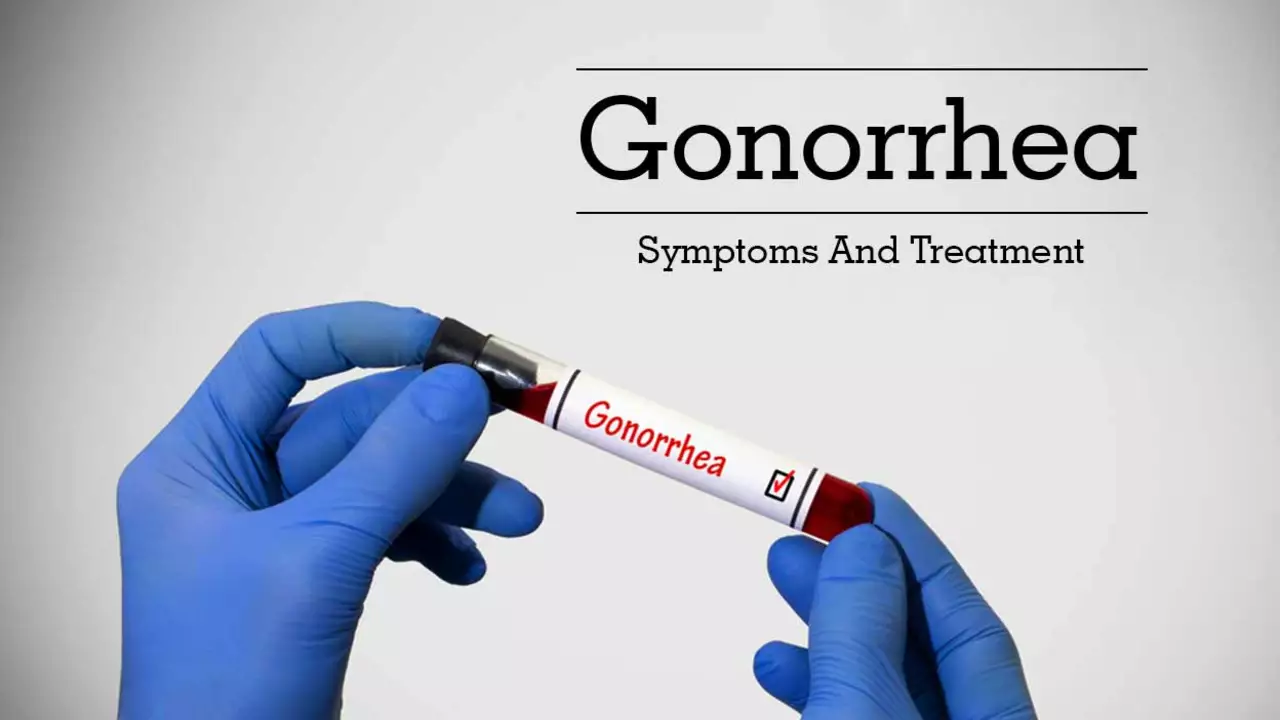
Gonorrhea is a sexually transmitted infection (STI) caused by the bacteria Neisseria gonorrhoeae. It is a common infection that affects both men and women and can lead to serious health problems if left untreated. In this section, we will provide a brief overview of gonorrhea, including its symptoms, transmission, and the importance of getting tested and treated.
Common symptoms of gonorrhea include pain or discharge from the genitals, but many people with the infection may not experience any symptoms at all. This can make the infection difficult to detect and increases the risk of spreading it to others. Gonorrhea is transmitted through sexual contact, so practicing safe sex and getting regularly tested is crucial in preventing the spread of this infection.
Upon receiving a gonorrhea diagnosis, it's not uncommon to experience a wide range of emotions. You may feel shock, embarrassment, fear, or even anger. It's important to acknowledge these feelings and give yourself time to process them. This section will explore the emotional impact of a gonorrhea diagnosis and offer advice on how to cope with these emotions.
Remember that gonorrhea is a common infection, and you're not alone in dealing with it. It's also essential to keep in mind that this diagnosis does not define you as a person. Allow yourself to feel your emotions without judgment, and remember that it's okay to seek support from friends, family, or a mental health professional if needed.
Telling your partner about your gonorrhea diagnosis may seem daunting, but it's a necessary step in preventing further transmission and ensuring they receive proper treatment. In this section, we'll discuss how to approach this conversation with honesty, empathy, and understanding.
Choose a private and comfortable setting for the conversation, and approach the topic with a calm and straightforward attitude. Be honest about your diagnosis, and provide your partner with information about gonorrhea, including its symptoms and treatment options. Encourage them to get tested and treated, and emphasize the importance of practicing safe sex to prevent future infections.
Once diagnosed with gonorrhea, it's crucial to seek treatment as soon as possible to prevent complications and protect your overall health. This section will outline the typical treatment process for gonorrhea, including the types of medications used and potential side effects.
Gonorrhea is usually treated with antibiotics, which are often administered as a single injection or a short course of oral medication. It's important to complete the entire course of treatment, even if your symptoms improve before the medication is finished. Be sure to inform your healthcare provider of any allergies or other medications you're taking, as this can affect the type of treatment prescribed. After completing treatment, it's essential to get retested to ensure the infection has been cleared.
After being treated for gonorrhea, it's important to take steps to prevent reinfection and protect your sexual health. This section will provide guidance on safe sex practices, including the use of condoms and regular STI testing.
Using condoms consistently and correctly is the most effective way to prevent the spread of gonorrhea and other STIs. Additionally, it's important to get regularly tested for STIs, particularly if you have multiple sexual partners or are in a non-monogamous relationship. Open communication about sexual health and STI testing with your partner(s) is also key in maintaining a healthy sexual relationship.
Coping with a gonorrhea diagnosis can be stressful, but it's important to prioritize your mental well-being during this time. In this section, we'll explore self-care strategies for managing stress and anxiety related to your diagnosis.
Engage in activities that help you relax and reduce stress, such as exercise, meditation, or spending time with loved ones. It can also be helpful to educate yourself about gonorrhea and its treatment, as knowledge can help alleviate anxiety. If you're struggling with persistent stress or anxiety, consider seeking support from a mental health professional.
Having a strong support system can make coping with a gonorrhea diagnosis much easier. In this section, we'll discuss the importance of connecting with others and offer suggestions for building a network of support.
Reach out to friends, family, or a partner for emotional support and understanding. You can also consider joining a support group for individuals with STIs, as this can provide a safe space to share your experiences and connect with others who understand what you're going through. Remember that you don't have to face this diagnosis alone – there are people in your life who care about you and want to help.
Unfortunately, there is still a stigma surrounding STIs, including gonorrhea. This section will address common misconceptions about gonorrhea and offer advice on how to confront and overcome these stigmas.
Educate yourself and others about the facts of gonorrhea, including its prevalence, transmission, and treatment. Speak openly and honestly about your experience, as this can help break down misconceptions and reduce the shame associated with STIs. It's important to remember that having gonorrhea does not make you "dirty" or "promiscuous" – it's a common infection that can affect anyone who is sexually active.
Although coping with a gonorrhea diagnosis can be challenging, it's important to remember that with proper treatment and self-care, you can move forward and embrace a healthy future. In this final section, we'll discuss the importance of maintaining a positive outlook and taking proactive steps to protect your physical and mental health.
Stay vigilant with your sexual health by practicing safe sex and getting regularly tested for STIs. Continue to prioritize your mental well-being by engaging in self-care activities and seeking support when needed. By taking control of your health and embracing a proactive approach, you can confidently move forward and enjoy a fulfilling, healthy life.